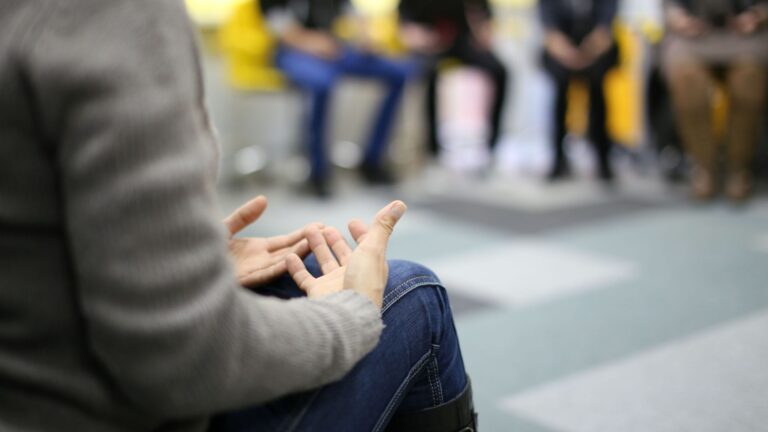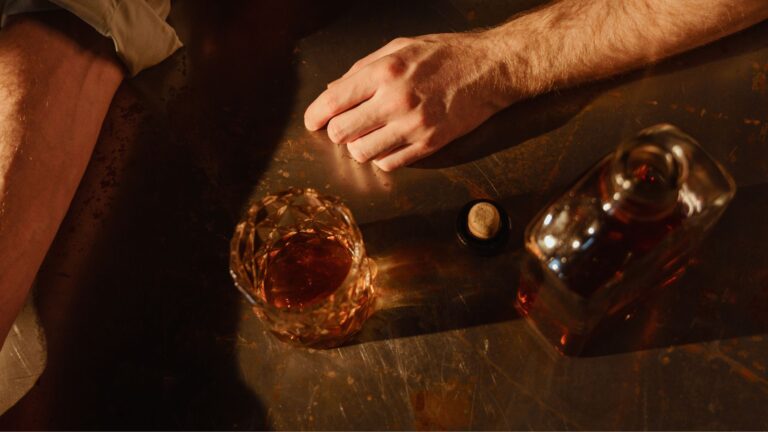Aftercare Programs and Peer Support
Staying Connected, Supported, and Focused After Treatment
At Ridgeline Recovery, recovery doesn’t end when treatment does. Our Aftercare Programs and peer support services help individuals stay grounded, encouraged, and accountable long after their primary program ends. We believe sustained progress comes from continued connection, and we’re here to walk that path with you.
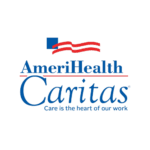

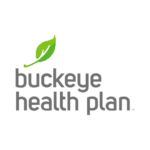

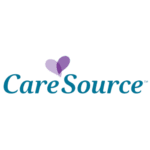
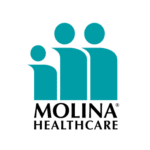

Programs We Offer
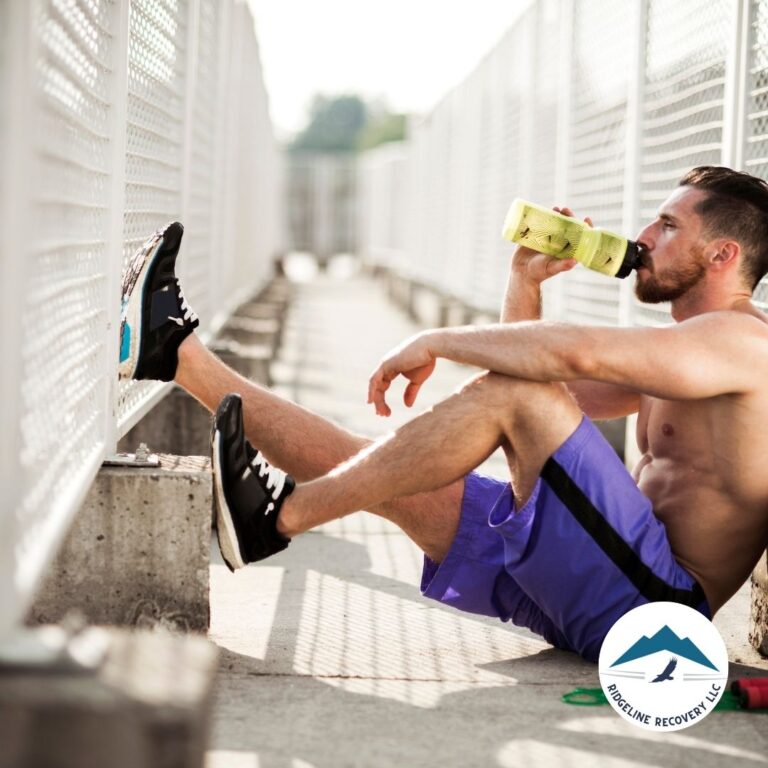
Partial Hospitalization Program (PHP)
A structured, intensive daytime program offering medical support, therapy, and skill-building — ideal for clients who need more than outpatient care but don’t require overnight stays.

Intensive Outpatient Program (IOP)
Flexible and effective care designed for individuals balancing recovery with work, school, or family responsibilities. Includes group sessions, one-on-one therapy, and relapse prevention planning.

Outpatient Program (OP)
For individuals in later stages of recovery or those needing continued support. Offers therapy, clinical check-ins, and guidance while promoting personal independence.
Medication-Assisted Treatment (MAT)
For clients who qualify, MAT may be integrated into their care plan to support stability and reduce cravings. Our team carefully evaluates each case to determine if MAT is the right fit, offering:
- FDA-approved medications for safety and effectiveness
- Ongoing clinical supervision and adjustments
- Supportive therapy alongside medication use
- A whole-person approach that prioritizes long-term wellness
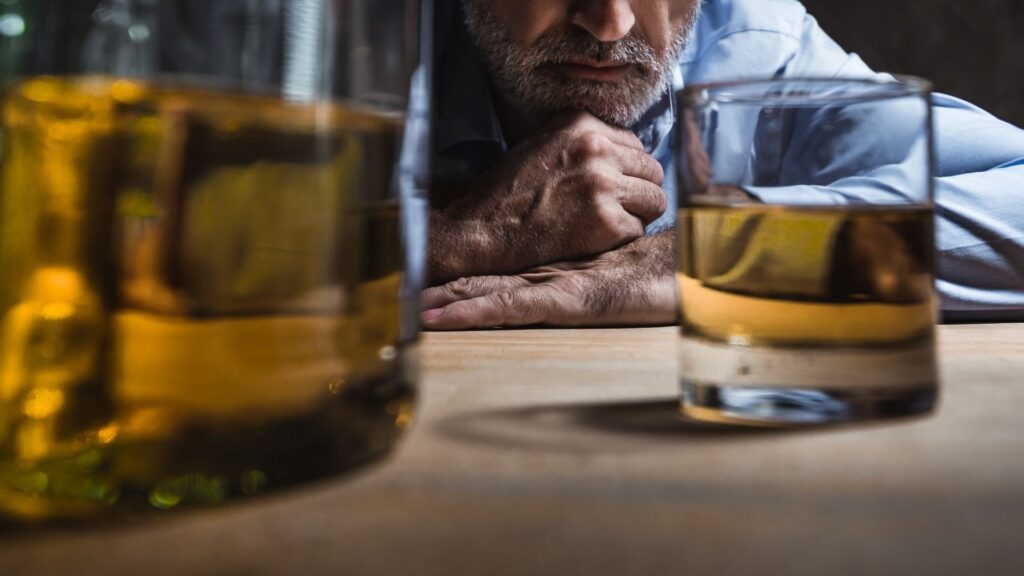
Address personal challenges in a private, supportive setting with licensed therapists.
Build connection and resilience through peer-supported sessions.
Heal relationships, improve communication, and create a strong support system at home.
For clients who value spiritual guidance as part of their healing journey.
Many individuals facing addiction also struggle with mental health conditions. Our team provides integrated treatment for co-occurring disorders, including:
We go beyond the basics of treatment to help you build a foundation for a healthier life:
Reviews & Testimonials
Why Choose Ridgeline Recovery
- Structured aftercare programs tailored to your goals
- Peer-led support that fosters community and accountability
- Regular alumni events, check-ins, and mentorship opportunities
- Encouragement through every phase of long-term recovery
- A network of people who understand and walk the journey with you
Frequently Asked Questions
Why Aftercare and Peer Support Programs Matter in Recovery
Finishing treatment isn’t the end of the journey. It’s the start of a new one.
When the structure of daily treatment ends, life doesn’t magically get easier. In fact, that’s often when things get real. That’s where aftercare programs and peer support come in. These programs are designed to keep you connected, focused, and moving forward—especially when the outside world starts pulling you in other directions.
At Ridgeline Recovery, we believe what happens after treatment matters just as much as what happens during. Staying supported doesn’t mean you’re weak—it means you’re building a life that can hold steady, even when things get tough.

Aftercare isn’t just a buzzword—it’s a real lifeline. These programs help you keep moving forward after formal treatment ends by offering structure, accountability, and community.
Here’s what you might find in a strong aftercare plan:
-
Ongoing therapy sessions – One-on-one or group therapy to continue working through challenges, setbacks, and wins.
-
Relapse prevention planning – Tools and strategies to recognize triggers and protect your progress.
-
Life skills coaching – Help with things like job readiness, housing stability, budgeting, and healthy routines.
-
Check-ins and accountability – Regular communication with a care team or sponsor to stay grounded.
-
Support navigating real life – Whether it’s relationships, work stress, or tough days, aftercare offers space to process and grow.
At Ridgeline Recovery, aftercare isn’t an afterthought. It’s built into how we support people long-term.

Sometimes, the most powerful support doesn’t come from a professional—it comes from someone who’s been there.
Peer support programs connect you with people in recovery who understand the highs, lows, and everything in between. These relationships are built on shared experience, trust, and the kind of understanding you don’t have to explain.
Here’s why peer support matters:
-
It’s real and relatable – You’re not alone in your experience. Peer mentors get what you’re facing.
-
Encouragement without judgment – Whether you’re celebrating a milestone or struggling with setbacks, you’ll be met with compassion—not lectures.
-
A stronger sense of belonging – Recovery can feel isolating. Peer support reminds you you’re part of something bigger.
-
Motivation to stay accountable – Seeing someone else thrive can remind you why you started and why it’s worth sticking with it.
At Ridgeline Recovery, we actively include peer support as part of our broader approach because we know healing doesn’t happen in isolation—it happens in connection.
Staying Connected Is Part of Staying Strong
Recovery doesn’t end when treatment does. It grows stronger with every choice you make to stay supported, stay connected, and stay focused on your future. That’s why aftercare and peer support matter—they’re not just extras, they’re essentials.
Whether it’s a weekly check-in, a conversation with someone who understands, or a reminder that you don’t have to face hard days alone, these programs offer the foundation to keep going—especially when life gets complicated.
Healing takes time. But with the right support, you don’t have to do it alone. And that can make all the difference.

